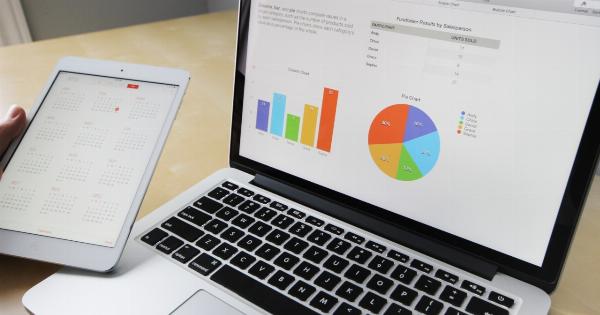Menstruation is a natural phenomenon that occurs in every female’s life. It marks the onset of a new phase in their life and is a crucial aspect of reproductive health.
Typically, girls start their periods between the ages of 11 and 14, but in some rare cases, menstruation may be delayed until the age of 16.
Why Menstruation Might be Delayed
A number of factors may play a role in delaying menstruation, such as genetics, stress, unhealthy diet, excessive exercise, and certain medications.
When a girl reaches the age of 16 and still hasn’t had her period, it’s important to seek medical attention to rule out any underlying health conditions.
Common Diseases Linked To Delayed Menstruation
Delayed menstruation can be a sign of several medical conditions, such as Polycystic Ovary Syndrome (PCOS), Hypothalamic Amenorrhea, and Thyroid Disorders.
Polycystic Ovary Syndrome (PCOS)
PCOS is a hormonal disorder that affects the ovaries and is characterized by the presence of multiple cysts. Some of the symptoms of PCOS include acne, weight gain, and irregular periods.
Women with PCOS may also suffer from infertility, diabetes, and cardiovascular disease. Prompt diagnosis and treatment can help manage the condition and prevent complications.
Hypothalamic Amenorrhea
Hypothalamic amenorrhea is a condition that affects the hypothalamus, which is responsible for regulating the menstrual cycle. It is commonly caused by stress, weight loss, over-exercise, or autoimmune disease.
Women with hypothalamic amenorrhea may experience infertility, decreased bone density, and other hormonal imbalances.
Thyroid Disorders
A malfunctioning thyroid gland can also cause delayed menstruation. The thyroid gland produces hormones that regulate metabolism, and an underactive thyroid can lead to a low level of thyroid hormones in the body.
This condition is known as hypothyroidism and can cause several symptoms including hair loss, weight gain, and fatigue.
The Benefits of a Late Onset
While it’s important to investigate a late onset of menstruation, there are also some benefits to a later onset. Women who start their periods later have a lower risk of developing breast cancer, ovarian cancer, and endometrial cancer.
They also tend to have a higher bone density, which can lower the risk of developing osteoporosis later in life.
Conclusion
A late onset of menstruation may be worrying, but it’s important to understand that it’s not always a cause for concern. However, it’s important to see your healthcare provider for an evaluation to rule out any underlying medical conditions.
Regardless of when a woman starts her period, taking care of her reproductive and overall health is essential for a long and healthy life.






























